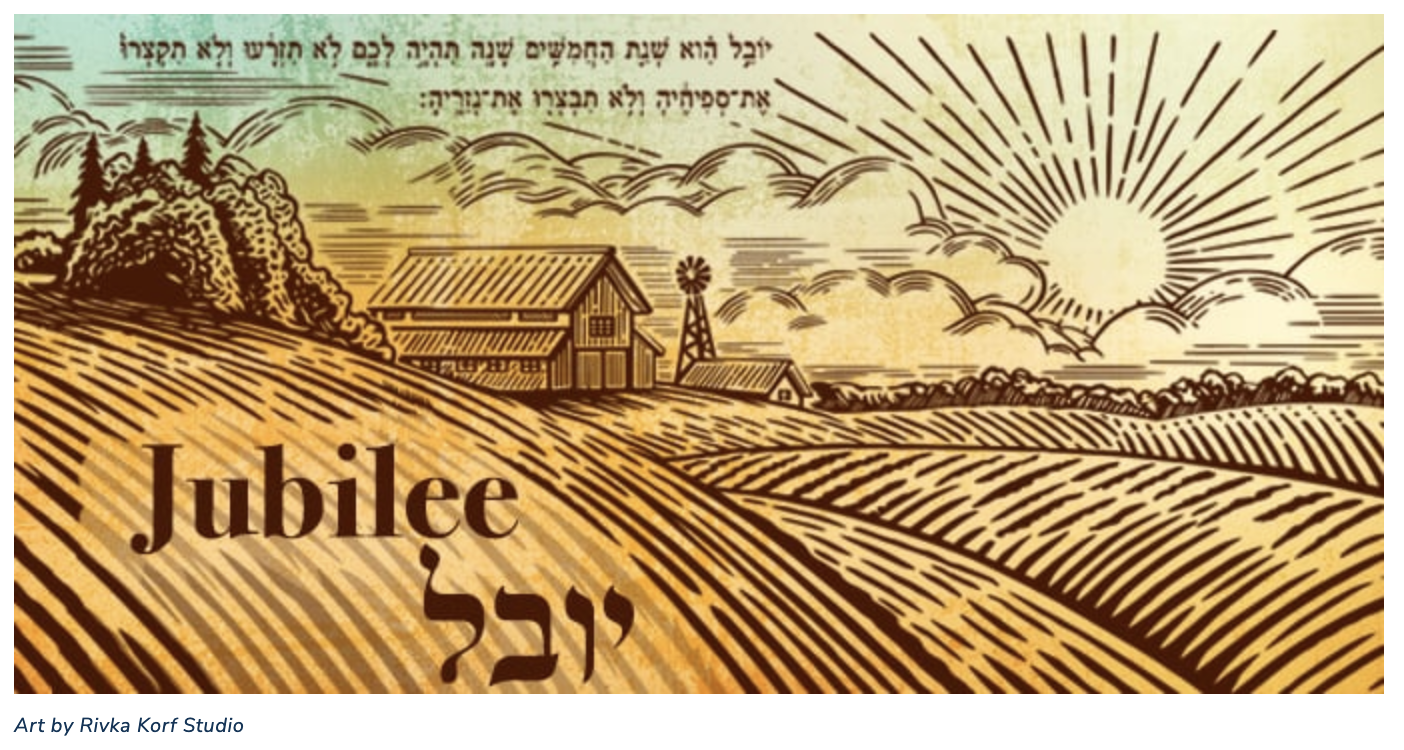Reflections on Jubilee and Liberty: themes from Leviticus 25
‘Redemption’ sounds like a jubilee. Like a second line, if you will. — Dawn Richard With Jubilee I had a natural interest to write about something on the opposite end of human experience – a real celebration of release and joy, which is in some ways an unexpected theme … — Michelle Zauner SONGS about […]

